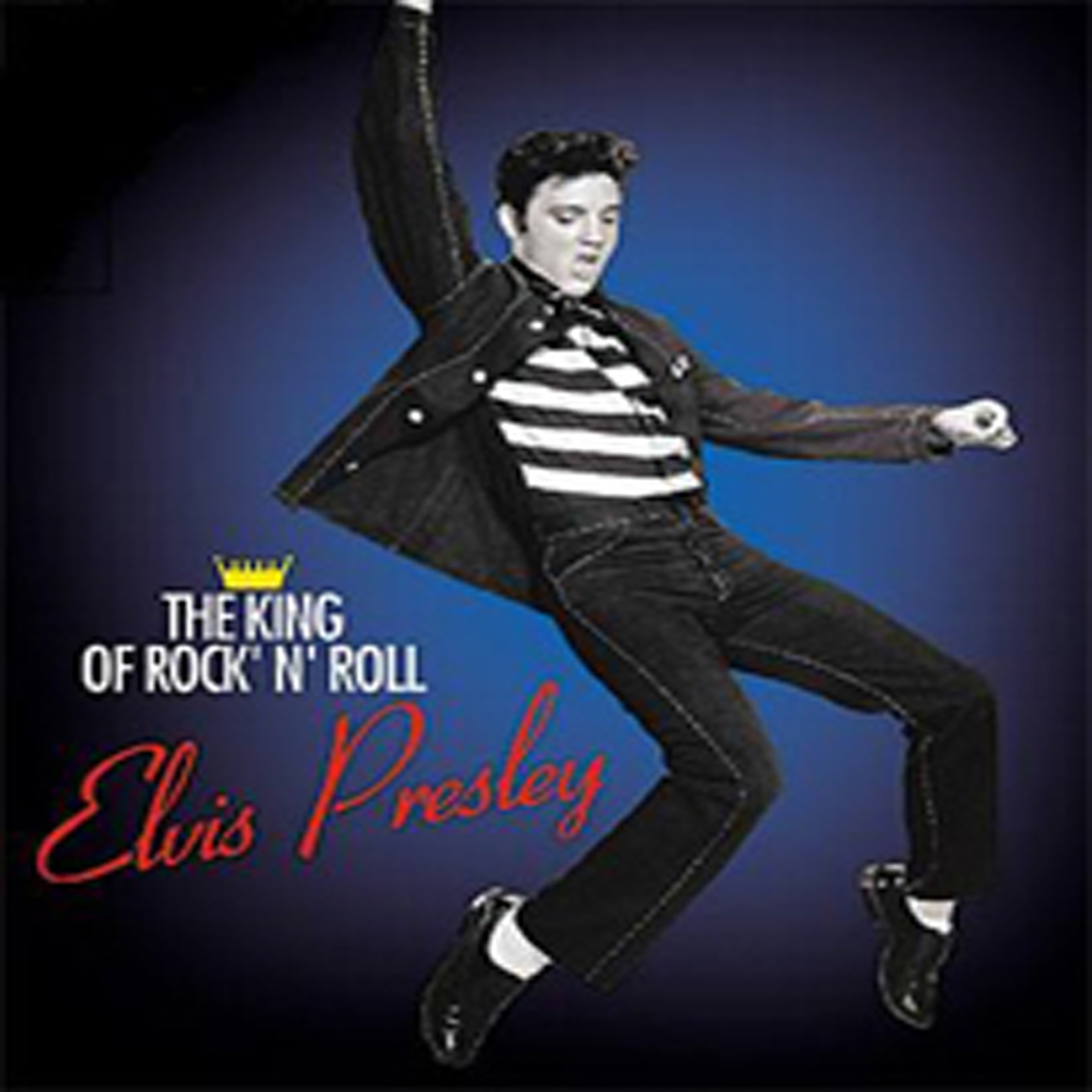The Rise and Fall of the King of Rock and Roll
Early Life and Career Beginnings
Elvis Presley was born in 1935 in Tupelo, Mississippi. He came from humble beginnings but had a natural gift for singing and performing from a young age. When Elvis was 13 years old, his family moved to Memphis, Tennessee where he would discover his love for rock and roll music. One of his early influences was African American gospel, blues, and country singers. In 1954, Elvis went to Sun Studio in Memphis to record some songs as a birthday present for his mother. During the recording session, Elvis created a unique sound by blending different genres. Producer Sam Phillips was impressed with Elvis’ style and signed him to a recording contract. Elvis’ debut single “That’s All Right Mama” was a hit and started his rise to fame. Over the next few years, Elvis recorded several more iconic songs like “Blue Suede Shoes” and “Heartbreak Hotel” that defined the emerging rock and roll genre.

National Fame and Breakthrough Performances
By 1956, Elvis had become a true musical phenomenon. His energetic stage presence and suggestive dancing shocked some audiences but captivated millions of new young fans, especially teenage girls. This led to Elvis appearing on various national television programs like The Ed Sullivan Show to further expand his mainstream popularity. During these appearances, the camera often only showed Elvis from the waist up due to the controversial nature of his dances. Nonetheless, his performances were hugely successful and cemented Elvis as one of the biggest stars in the world.
Enter Colonel Tom Parker and Music Domination
It was around this time that Elvis met his longtime manager Colonel Tom Parker. Parker realized Elvis’ immense commercial potential and took control of his career, booking him for profitable live performances and movie roles. However, Parker had an undisclosed criminal past that prevented Elvis from touring internationally. Under Parker’s guidance, Elvis focused on recording soundtrack albums for his films which further boosted his popularity. By the late 1950s, Elvis had reached the peak of stardom with hit songs like “Jailhouse Rock” and “Don’t Be Cruel.” He essentially defined the rock and roll genre during this era.
Shift to Film Career and Decline
In the 1960s, Parker shifted Elvis’ focus more towards Hollywood film roles in an effort to maximize profits. While these “formula films” were financially successful, they did not challenge Elvis creatively and his music started to suffer as a result. His film songs lacked the edginess of his early recordings. Meanwhile, cultural changes in the 1960s also made Elvis seem outdated to new generations of rock fans. His live performances became more stadium oriented to capitalize on his popularity rather than creatively progressing his sound and image. By 1968, Elvis’ mainstream relevance had declined significantly.
1968 Comeback Special and Renewed Success
In an attempt to revive his career, Elvis agreed to star in a TV special for NBC called simply Elvis. Without any backing musicians or dancers, Elvis performed intimate acoustic versions of his classic hits along with some new material in jumpsuits designed by Bill Belew. The special received rave reviews and reminded audiences of Elvis’ raw musical talent that had been absent from his recent work. The success of this special led to Elvis shaking up his image and sound for a series of acclaimed live performances in Las Vegas in 1969. His album From Elvis in Memphis saw a return to his rock and roll roots. Elvis was a superstar once again.
Final Years and Legacy
Throughout the 1970s, Elvis continued touring extensively and recording new music. However, his excesses with drugs and an unhealthy lifestyle started taking a physical toll. He struggled with weight gain and would often appear lethargic on stage towards the end. On August 16, 1977 at his Graceland estate in Memphis, Elvis died at the young age of 42 from heart failure likely caused by prescription drug abuse. In death, Elvis Presley cemented his status as the true “King of Rock and Roll.” He had shaped the evolution of popular musicculture like no other artist before or since. Even today, Elvis continues to inspire new generations of performers and his songs are beloved cultural touchstones.
